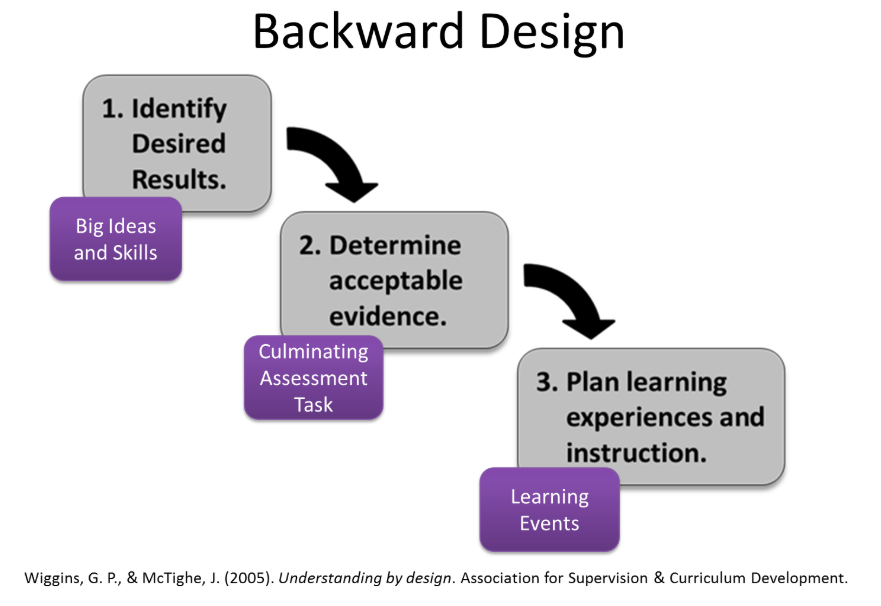I see it every day.
Typical scenario–
Me: Let’s start by celebrating. Please share with us something you’re celebrating about student learning or you can celebrate about your own learning.
*Crickets*
Me: What would you share with us that you’re celebrating.
*Again, silence*
One brave teacher: I think we’re all a little overwhelmed and frankly it’s hard to think of something that’s positive we could share.
Me: Let’s start there, then. Can you share with me what’s feeling overwhelming.
*All teachers share*
Teacher One: We have these writing assessments due next week and it takes the whole class period to administer. We did one of these just a few weeks ago and I’m so worried about the lost instruction time.
Teacher Two: I’m still behind on the reading assessments we’re administering one-on-one to all our students. I have to finish today because the deadline is later this week and I still need time to upload all the results into the system.
Teacher Three: My one student on a behavior plan needs an evaluation and I’m not doing a very good job documenting his behavior at 15 minute intervals. Our district behavior specialist says my notes need to be really comprehensive or the committee may decide he doesn’t need intensive support. I’m struggling to teach, confer with kids, manage this student’s outbursts and make sure to remember to make copious notes every 15 minutes about his behavior.
Teacher One: I just wish we knew if the writing assessments were used for anything. We administer the assessment and then I don’t know what the district does with them. Are they saving them somewhere so the next year’s teacher has information about students’ progress. It’s all pretty overwhelming when this week we also have to have goals for every student uploaded into the district data system and we’re required to attend this after-school training until 6:00 PM, and then we have to make sure every parent is contacted with a phone call to let them know about their child’s most recent benchmark assessment scores.
It’s heartbreaking to hear these teacher conversations over and over again on campuses where I provide coaching support as a consultant. Most of the frustrations teachers face have to do with federal, state or local compliance issues. I get it that we need federal regulations to protect our most fragile students.
What concerns me most are the local district and campus compliance issues that teachers must abide by. To be honest sometimes it feels like compliance is more about checking on teachers to make sure they’re doing their job than it is about ensuring learning for students.
So, what to do?
I’d like to propose a few simple solutions for administrators, coaches and teachers.
Get to the heart of the compliance–
Why are teachers being asked to do “the thing”? If it’s writing assessments, I’m going to assume the intended goal is to allow teachers clear evidence of student strengths and gaps. Teachers take that information and design whole class and/or small group instruction to close the gaps for kids. I’m sure the folks at central administration who dropped the compliance piece on teachers are thinking that if they require teachers to assess often, they’ll make instructional decisions that turn student weaknesses into strengths. That is a worthy pursuit. What happens, however, is that teachers feel pressure to comply and the heart of the twice-monthly writing assessment gets absolutely lost in the crush to adhere to district mandates.
If you support teachers or you are a teacher, take a minute to think about the reason for compliance. When you’ve determined the reason (the sole reason for our work is to support kids to learn), ask yourself, “Am I already doing this in other ways?”
I asked that question of the teachers who were worried about the writing assessments and their answer: “We assess daily when we confer with kids individually and meet with them in groups. That information drives what we teach and how we confer going forward.” We had a great discussion about the fact that they were already doing what the district hoped they’d do and since the twice-monthly writing assessments were “strongly suggested”, we came up with a plan for them to administer those less often. The teachers were relieved and the real reason for the compliance was still being honored.
Be responsive–
Teachers are asked to perform a million tasks every day, use a truck-load of district-mandated resources, enter data into online systems, stay in touch with families and be on time to after-school trainings. And that’s just the tip of the iceberg.
We need to empower teachers to look closely at what students can and cannot do and then release them to design instruction and intervention that will close learning gaps. We need to trust teachers when they break down district and campus mandates to the very heart of what’s best for kids. We need to support teachers in making decisions about how to use resources (aka programs, kits, technology tools) to be responsive to what students need for mastery of learning.
When teachers, coaches, administrators and support staff meet to talk about students and what they need, there needs to be a commitment to a pre-assessment, reflection, planning, post-assessment cycle. A strong commitment to backward planning with lots of teacher reflection along the cycle ensures that what kids do in the learning process informs teachers as to what comes next to maximize learning.

Commit to self-care–
There is no way that teachers can keep up with every detail of instruction and learning for every child every day and do all that districts and campuses are requiring these days. Decisions, thoughtful decisions, must be made every day about what is critical to student growth and achievement.
Somewhere in all of this mayhem, teachers have to be mindful of their health and well-being. Those who support teachers can facilitate and encourage self-care. Teachers work hard caring for students and they should be encouraged to work equally hard at caring for themselves.
Compliance is not inherently evil.
We must have standards of quality in regard to the instructional support students receive. However, decisions about compliance undertaken by district and campus leadership should be made with extreme care so that what we ask of teachers has maximum impact on student growth. Teachers must have autonomy to think critically about compliance issues and make choices that are responsive to students’ learning needs.










